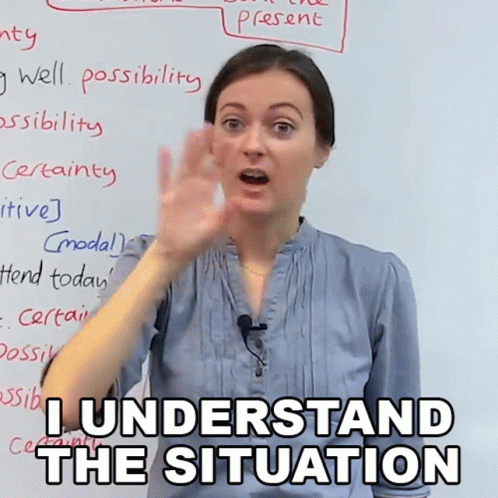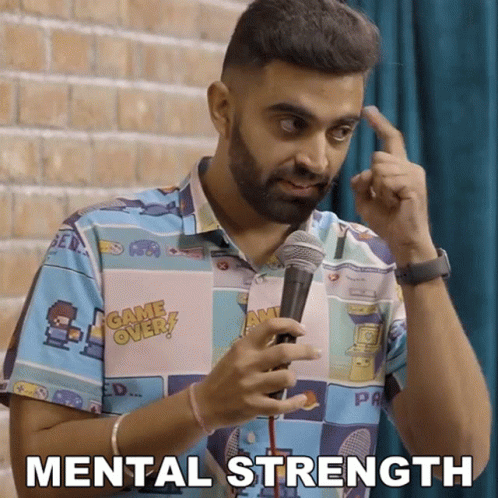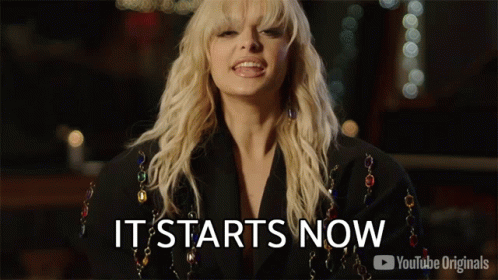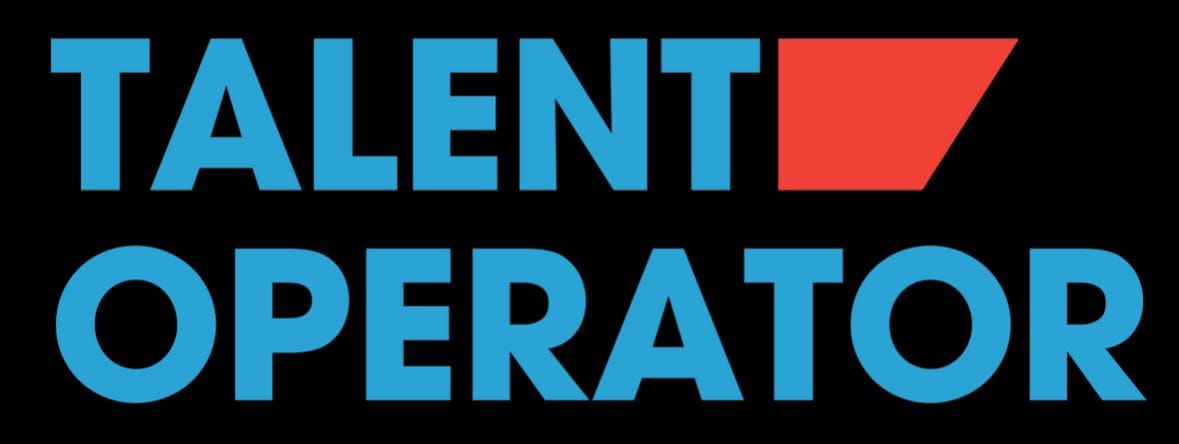Mindset Mastery: Dominating the Mental Side of Recruitment 💭

The world of recruitment is fast-paced, competitive, and constantly evolving.
As recruiters, we know that the work we do goes far beyond just matching candidates with job descriptions; we are shaping careers, impacting businesses, and influencing lives.
In such a high-pressure environment, mindset mastery becomes crucial to thriving and achieving sustained success.
This week, we'll be exploring three key strategies that will empower you to master your mindset and unlock your potential as a recruiter.
These principles will not only help you manage the daily challenges of recruitment but also transform your approach to the entire process.
📈 Adopting a Growth Mindset

Recruitment is an industry that demands persistence and resilience.
Dealing with people—both candidates and hiring managers—each with their own expectations, needs, and, sometimes, unpredictable behavior, is incredibly difficult to manage.
This means that rejection, ghosting, or a "bad fit" can be frequent occurrences.
So how do successful recruiters navigate these challenges without going crazy?
They do so by embracing a growth mindset.
A growth mindset is a term coined by psychologist Carol Dweck, and here's how it's defined:
The belief that abilities and intelligence can be developed over time through dedication and hard work.
People with a fixed mindset believe their abilities are static and tend to avoid challenges, fearing failure.
But with a growth mindset, you learn to see setbacks not as failures, but as opportunities to grow and learn.
So how do we apply this in a practical way?
Here is what a recruiter growth mindset looks like:
- Reframing Failures: Each time a candidate falls through or a client rejects your recommendations, instead of seeing it as a personal failure, see it as valuable feedback. Ask yourself, "What can I learn from this situation?" This shift in perspective helps you stay motivated and resilient.
- Celebrating Small Wins: Recruitment is often about the long game. By celebrating the small victories—whether it's a candidate progressing to the next interview stage or successfully building a rapport with a new client—you maintain momentum and positivity.
- Continuous Learning: Stay curious and seek to improve your skills consistently. Whether it’s learning more about industries you recruit for, improving your sales pitch, or better understanding candidate psychology, the quest for improvement is a key driver of success.
Adopting a growth mindset allows you to take control of your professional journey, own your actions, and not be swayed by that which is out of your control.
It shifts your focus from external outcomes to your own internal development and resilience.
With this mindset, every day is a chance to grow, and each setback becomes a stepping stone to success.
💙 Building Emotional Intelligence

Recruitment is fundamentally about relationships, and the most successful recruiters are those who can understand, relate to, and build trust with others.
This is where Emotional Intelligence (EQ) comes in.
Emotional intelligence is defined as:
The ability to identify and manage your own emotions, as well as the emotions of others.
In recruitment, a high EQ is essential for reading candidates, managing client expectations, and handling the inevitable stresses of the job.
That may sound obvious, but let's explore what this really looks like:
- Understanding Candidates: Every candidate has unique motivations, goals, and concerns. A recruiter with high emotional intelligence can read between the lines, picking up on subtle cues in body language or tone of voice that reveal a candidate's true feelings. For example, a candidate may verbally express enthusiasm about a role, but their hesitation might be clear in their body language. Being able to discern this allows you to address concerns head-on before they become deal-breakers.
- Managing Client/Stakeholder Relationships: Clients have their own pressures and goals, and they don’t always communicate them clearly. As a recruiter, you need to balance advocating for your candidates while also managing client expectations. This requires empathy, patience, and the ability to read situations and people accurately.
- Handling Stress: Recruitment is filled with highs and lows, and emotional intelligence helps you navigate both. Being aware of your emotional responses to stress, rejection, and success allows you to manage these feelings in a healthy way. Instead of internalizing stress, emotional intelligence encourages you to process it constructively.
The challenge is that emotional intelligence doesn't come naturally to everyone.
In fact, many would argue that it's a learned skill; a muscle that needs to be developed.
I personally believe that it is inherent trait that some people possess, while everyone else has to work extremely hard to develop in this area.
Regardless of where you land, here are some practical ways you can start building your EQ muscle:
- Practice Active Listening: When communicating with candidates or clients, focus not just on the words they are saying but on their tone, pace, and body language. Reflect back on what you hear to ensure you’re truly understanding their perspective.
- Self-Reflect Regularly: Take time to reflect on your own emotional responses throughout the day. How did you feel during certain conversations? How did those emotions impact your behavior? Self-awareness is key to improving emotional intelligence.
- Show Empathy: Recruiters are often focused on filling positions, but truly understanding the human aspect of the process—what candidates are going through in their job search, the stress of interviews, and the anxiety of negotiations—will make you more effective and compassionate in your role.
When you build emotional intelligence, you not only improve your relationships with candidates and clients but also develop the resilience to handle the emotional rollercoaster that comes with recruitment.
It is a superpower that can help differentiate you from others in the field.
💪 Cultivating Resilience

The recruitment process can be relentless.
One week, you’re celebrating making offers and placing candidates; the next, a client cancels a role or a candidate withdraws.
To thrive in recruitment, it’s essential to develop resilience—the ability to bounce back from challenges, adapt to changes, and keep moving forward.
There are many reasons why resilience is key to your success as a recruiter:
- Frequent Rejection: It’s a reality of recruitment that no matter how good you are, there will be times when candidates or clients say no. Resilience enables you to take rejection in stride, learn from it, and move forward without allowing it to affect your confidence.
- Long "Sales" Cycles: Often, recruitment processes can be drawn out, requiring you to stay patient and committed. There are times when roles take months to fill and placements stagnate, and staying motivated requires resilience.
- Managing Multiple Stakeholders: As a recruiter, you juggle multiple stakeholders with different interests. Hiring managers, HR departments, candidates, and your own team all have varying needs, and the ability to manage these without burning out requires a deep well of resilience.
Making resilience a reflex as a recruiter is essential if you want to be in the recruitment game for the long haul.
If your natural instinct isn't to tough it out through the hard times, there are some steps you can take to start to develop the right mindset:
- Develop Coping Mechanisms: Identify healthy ways to manage stress, whether it’s regular exercise, meditation, or simply setting aside time for hobbies and relaxation. The more balanced your life outside of work, the more resilient you’ll be when challenges arise.
- Stay Organized: Chaos breeds stress. By keeping your processes and workflows organized, you reduce the mental strain of juggling multiple tasks. Personal CRM systems, project management tools, and even simple to-do lists can help you stay on top of your workload, giving you more mental energy to tackle challenges.
- Maintain Perspective: Recruitment can feel like a series of highs and lows, but maintaining a long-term perspective helps you weather the storms. Remember that no single rejection or setback defines your career. What matters is your overall trajectory, so focus on long-term goals rather than short-term disappointments.
Resilience is about developing the mental and emotional toughness needed to stay consistent and effective, no matter what challenges come your way.
When you are resilient, you take control of your mindset and maintain your momentum, ensuring that temporary setbacks don’t derail your progress.
💸 Start Investing Now

Mastering your mindset is an ongoing journey, and no one said it would be an easy one.
The beautiful thing is that mindset mastery is a true separator in the game of talent acquisition.
Too many recruiters quit when the going gets tough, not realizing that those tough moments are what teach and grow you the most.
If you're feeling the strain of anxiety and mental fatigue, I encourage you to acknowledge those feelings.
And once you do, take a deep breath and remind yourself that you are greater than the challenges that come your way.
One of my favorite sayings is, "tough times don't last, but tough people do."
If you're going to have a successful career in recruitment, you're going to have to be a tough person.
It's not something to run from.
It's something to run towards.
I hope you choose to embrace the chaos, and turn it into your greatest advantage.
🔗 Weekly Learning Links
Use these resources to improve your mindset!
📚 The Growth Mindset: A Guide to Professional and Personal Growth (The Art of Growth)
TLDR: This book has been carefully designed to give you all the strategies needed to map your own personal and/or professional growth plan of action that will implement all your growth goals.
📚 Beyond Grit: Ten Powerful Practices to Gain the High-Performance Edge
TLDR: In Beyond Grit, Cindra Kamphoff reveals the ten practices that the world's best use to gain the high performance edge. Kamphoff shares the tools and strategies she's taught executives, entrepreneurs, NFL ProBowl athletes, Olympians, college athletes, and championship teams. Based on almost twenty years of research and consulting with the world's best, she provides a practical, inspiring, and easy-to-use guide to radically accelerating your performance and improving your happiness.
Did you enjoy this edition? You can support us by leaving a review!
If you'd like to see a specific topic covered in this newsletter, you can submit your request directly.
